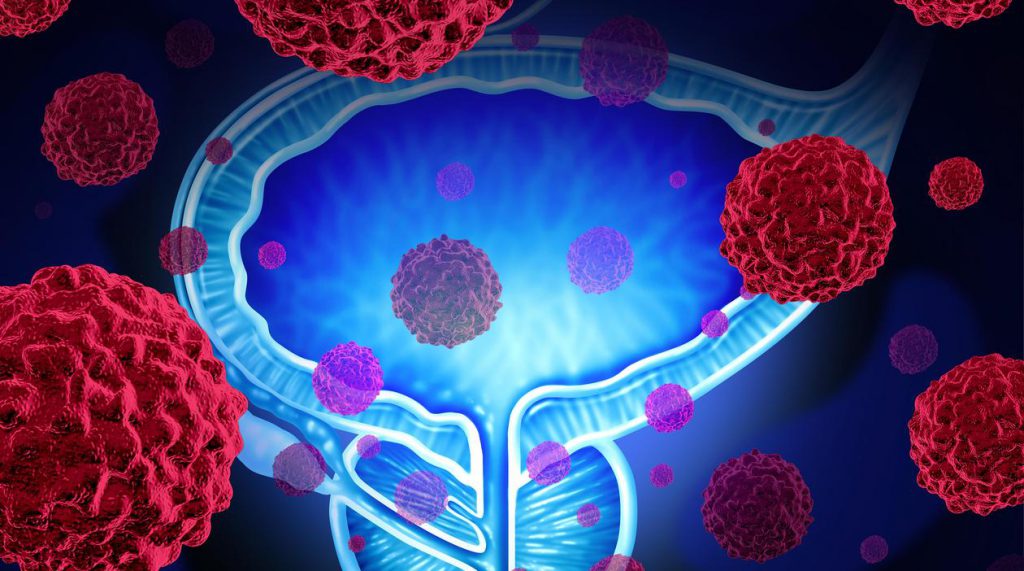Most tumor growing can stop after long-time medicine intake, and even it can become smaller or finally disappear. But what made the doctors struggling was that a few months later cancer cells gradually developed resistance and the tumor was once again deteriorating and menacing. Without good second-line anti-cancer drugs, physicians and patients really can do nothing. However, with the persevering efforts of scientists, we have the opportunity to gain the upper hand in the long-term war between human and cancer.

Since androgens are the hormone that most prostate cancer cells depend on, many patients initially treated with androgen depressant achieve satisfying effects, and so do on patients with advanced cancers. But almost no exception, all will develop drug resistance in the end. Before it is clear in which mechanism the cancer cells getting the drug resistance, the pharmaceutical company cannot develop new second-line drugs. Recently, professor Peter S. Nelson from the Department of Medicine at the University of Washington found possible drug resistance mechanisms and the results were published in the October issue of Cancer Cell, which will provide a new reference for drug development directions.
In order to study the mechanisms of drug resistance in cancer, the team led by Professor Peter S. Nelson analyzed the tumor samples collected in the past two decades from patients dead for prostate cancer. They found that before the widespread use of androgen depressant drugs, most of the tumors displayed a large amount of androgen-related genes, which should still be of the type that can be controlled by androgen depressants (no such drug was available at that time); However, for those recently died (2012-2016), their cancer cells no longer display androgen-related genes. This result reveals that the widespread use of a certain cancer drug has led cancer cells to “evolve” into new forms of lifestyle adaptation to the stresses of survival exerted by the drug.
The research team further obtained data on the complete genomic performance of prostate cancer cells that differ in androgen dependence by using “next-generation sequencing” techniques and further analyzed what gene expression changes will occur in those cancer cells that do not depend on androgen.
After excluding many possibilities, they found that “fibroblast growth factor” (FGF) may be the key to prostate cancer cell resistance to androgen suppression drugs. Cancer cells secrete FGF, bind with its own cell membrane FGF receptor, and thus promote their own cell division and growth. This cancer cell self-synthesis and secretion of their own growth-required growth factor phenomenon is called “Autocrine.”
FGF is important for cancer stem cells and tumor angiogenesis and has been the target for the development of new anti-cancer drugs of many pharmaceutical companies. A recent clinical trial of Dovitinib for the treatment of advanced prostate cancer failed, unfortunately, with the drug shrinking the tumors in only a quarter of the patients. Professor Peter S. Nelson believes that prostate cancer cells are FGF-dependent only when they are resistant to androgen-suppressive drugs, so the effect should be better if Dovitinib were given to these patients.
Reference
Androgen Receptor Pathway-Independent Prostate Cancer Is Sustained through FGF Signaling